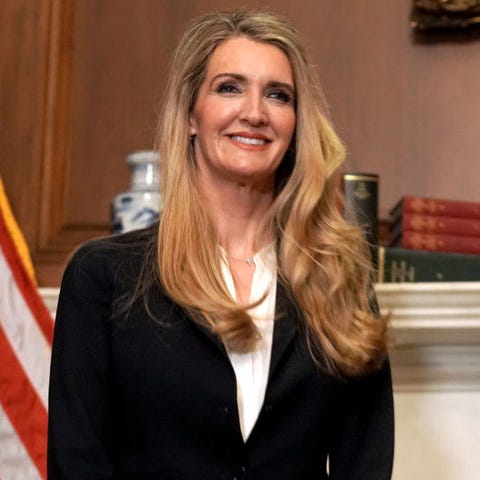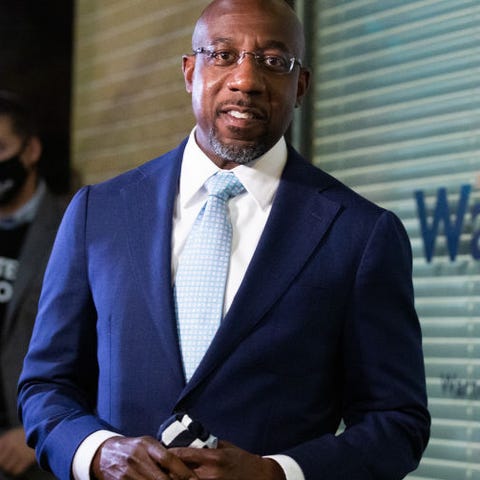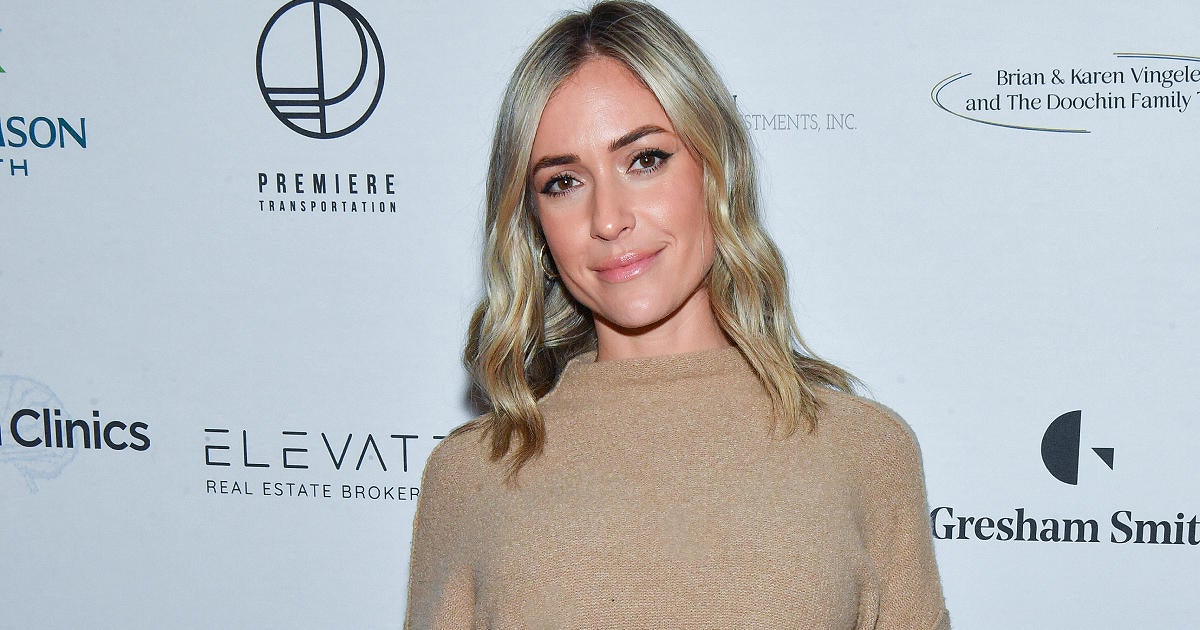Why the Georgia Senate Runoff Elections Are So Important
Throughout election week, all eyes were on a handful of swing states that flipped blue and delivered a win for President-elect Joe Biden. One of those essential states? Georgia, where a Democratic presidential nominee hadn’t won since 1992. The shift was thanks, in part, to the tireless work of Black organizers—women like Stacey Abrams and Fair Fight, LaTosha Brown and Black Voters Matter, and Nse Ufot and The New Georgia Project—who registered, educated, and mobilized voters.
But the fight for Georgia is far from over. This January, there will be two critical U.S. Senate runoff elections, one between Republican Sen. David Perdue and Democrat Jon Ossoff, and the other between Republican Sen. Kelly Loeffler and Democrat Reverend Raphael Warnock. The elections will not only decide the state’s representation, but also which political party will have a majority in the U.S. Senate, which could dramatically alter Biden’s upcoming administration.
Below, what you need to know about these races, including why they’re happening in the first place, and how you can be involved, even if you don’t live in the battleground state. And if you do? Read on, and get ready to vote.
What are the Senate runoffs?
In Georgia, a candidate has to win a majority of the overall vote to win the election, a rule that was originally created in the 1960s to limit the power of Black politicians in the state. According to the New York Times, if no one breaks 50 percent, then the two candidates who got the most votes move onto a runoff election against each other. In the last few decades, Democrats have rarely won these statewide runoffs.
Now let’s look at what happened in Georgia in November: There were two U.S. Senate races in the state this year. One was a typical re-election race for Sen. Perdue. The other race featured Sen. Loeffler, who was appointed to the seat in 2019 after Sen. Johnny Isakson retired; Loeffler was running this year in a special election to finish out Isakson’s term. According to CNN, Perdue received 49.7 percent of the vote, while his challenger Ossoff received 48 percent of the vote; Loeffler received 25.9 percent of the vote, while her challenger Warnock received 32.9 percent of the vote. Therefore, there will be two runoffs on Jan. 5th.
Who are the candidates in the runoff races?
Perdue, a former CEO, is finishing up his first year as senator. He made headlines earlier in 2020 for questions around his investments, including stocks purchased in a company that supplies personal protective equipment, which people use to avoid getting COVID-19, on the same day the Senate had a members-only meeting about the pandemic. Loeffler, another former CEO, was similarly scrutinized for suspicious stock trading tied to the pandemic earlier this year. (In May, it was reported the Justice Department dropped its insider trading investigation into Loeffler.) She also co-owns the WNBA team, Atlanta Dream, though she received pushback from players after saying the “Black Lives Matter political movement” doesn’t align with the league, according to the Washington Post. In their Senate careers, Perdue and Loeffler have voted in line with President Trump’s position 95 percent and 100 percent of the time, respectively, according to FiveThirtyEight.
On the Democratic side, there’s Ossoff, a documentary producer and former media company CEO, who’s run for office before; he lost in a special election for the U.S. House in 2017. He also previously worked as a national security aide for Rep. Hank Johnson. Warnock, on the other hand, is a senior pastor at the Ebenezer Baptist Church. He’s also an activist, who was arrested at the state capitol a few years ago after the governor refused to expand Medicaid under the Affordable Care Act, according to The Atlantic. If he won, he’d be the first Black senator from Georgia.
Find out more about all of their policy positions, here:
PERDUE OSSOFF LOEFFLER WARNOCK
Why are the Georgia runoffs especially important?
As it stands, following the 2020 election, the new U.S. Senate will consist of 46 Democrats, two independents who caucus with Democrats, 50 Republicans, and then whoever wins these two races in Georgia. If Democrats win both races, they will have a majority in the Senate (the Senate tie breaker is the Vice President, or in this case, Kamala Harris), giving Biden increased power to pass legislation and move forward on his policy agenda. Otherwise, if even one of the Republican candidates wins in January, the GOP will have majority control. As the Times reports: “With judicial nominees, a stimulus deal, infrastructure and health care measures, and tax and spending policies all on the line, the Senate races in Georgia are likely to take on an intensity that mirrors the presidential race that just ended.”
For Ufot, the CEO of The New Georgia Project, a civic engagement organization originally founded by Abrams, it’s been critical to create “super-voters,” who come out for every election for which they’re eligible, including the ones this January. She told ELLE.com, “That has been a core piece of our organizing, making sure people understand the power of their vote and understand that it’s literally Black people and it’s young people that dragged us across the finish line in November and are going to drag us across the line in January, and they cannot give up faith and they cannot give up hope.” As for the races’ importance, she said it’s also an opportunity to make Vice President-elect Harris the “most consequential Vice President in the history of the institution,” teeing her up to be the tiebreaker on important pieces of legislation that activists have been fighting for for years.
When it comes to getting voters out for the election—one that falls shortly after the winter holidays—Ufot noted that Democrats will need to invest aggressively in their base. “What I mean by that is the multi-racial, multi-ethnic, multi-lingual progressive majority that we have in Georgia and across the South. If you’re thinking you’re going to just turn white moderates out or you have your white suburban mom strategy, and that alone is going to carry you across the finish line, you’re performing, as opposed to actually doing the things that are necessary in order for you to win. You have to talk to Black voters, you have to talk to Latinx and AAPI voters.” She added, “There was a lot of concern about disinformation and white supremacist violence during the general [election], and while we certainly saw some of that, it’s going to be concentrated on the march to January 5th. There’s nothing else for them to focus on…All of the hate, the vitriol, the violence that people were concerned about across the country, we need to make sure there’s an apparatus in place to protect Georgia voters.”
Important dates to know:
If you live in Georgia, or just want to keep track of the upcoming election, there are a few key dates you need to know. Also, remember: If you’re a Georgia resident that turns 18 years old before the runoff elections, even if you weren’t able to vote in the presidential election, you will be able to cast a ballot in these races.
- Requested absentee ballots will begin to be mailed out: Nov. 18
- Deadline to register to vote: Dec. 7
- Early in-person voting starts: Dec. 14
- Election day: Jan. 5
How you can help flip the Senate blue:
- Phone bank: Even if you don’t live in Georgia, you can still assist from afar. One way is to phone or text bank for the Democratic challengers. Find a handful of upcoming events here and here.
- Volunteer: If phone banking isn’t your thing, or you just want to do more, you can also volunteer, both virtually and in-person, through both Democratic campaigns. (Check out the opportunities for Ossoff and Warnock.) There are also remote and in-person volunteer opportunities to work on voter protection, including becoming a poll worker, which you can find here. The ACLU of Georgia is also looking for volunteers to be poll observers or do phone/text banking.
- Donate: Besides donating straight to the candidates’ campaigns, there are a number of organizations working to get out and protect the vote this January.
- Fair Fight is a national voting rights organization that promotes fair elections and encourages voter participation and education.
- The New Georgia Project has both a donation page and an Amazon wish list for its volunteers.
- Black Voters Matter works to expand Black voter engagement through voter registration, policy advocacy, and more.
- GALEO works to increase civic engagement and leadership in the Latinx community across the state.
- Asian Americans Advancing Justice-Atlanta protects the civil rights of Asian Americans, Native Hawaiians, and Pacific Islanders in Georgia and throughout the Southeast. (You can also sign up to volunteer with the organization, here.)
This content is created and maintained by a third party, and imported onto this page to help users provide their email addresses. You may be able to find more information about this and similar content at piano.io










